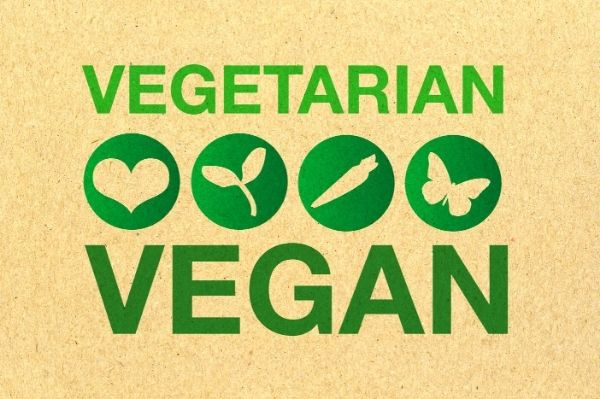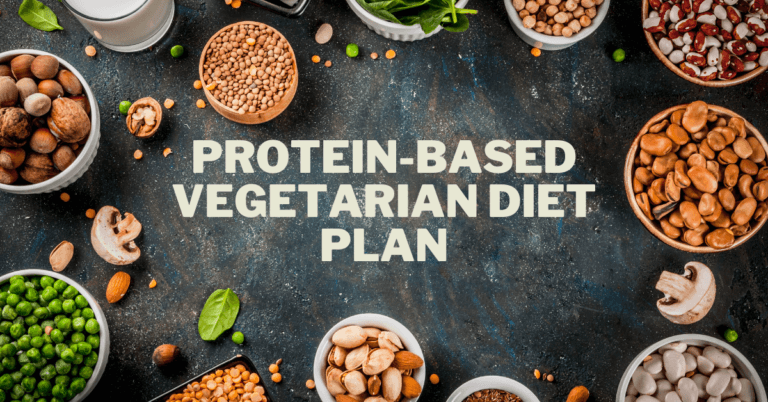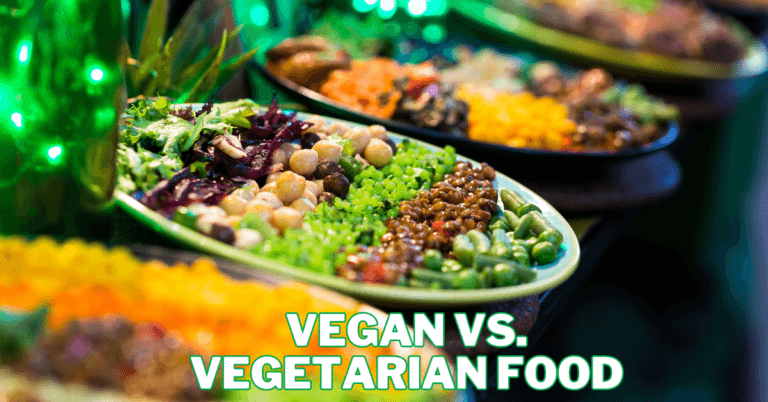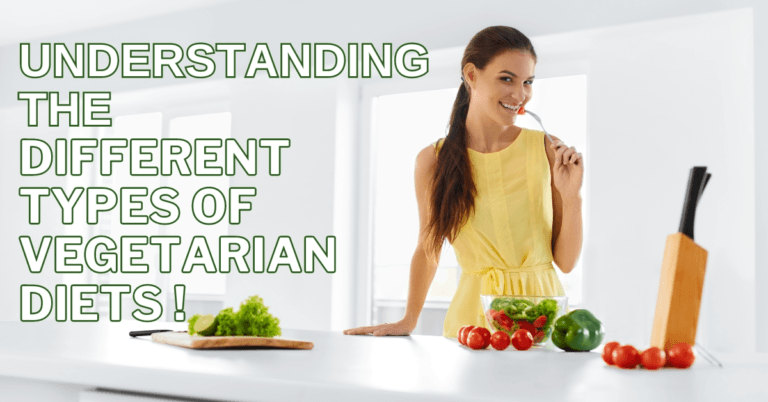Countries With The Highest Rates Of Vegetarianism
Countries With The Highest Rates Of Vegetarianism
Food has become so much more than a necessity for our survival. Your diet can be defined by health or environmental concerns, religion, ethical motivation, culture, etc. Your diet carries a deeper meaning, and more and more people are now adopting the meat-free diet for various reasons.
Of course, some of them jump the bandwagon because it's trendy (such as the gluten-free diet favoured by people who don't even have Celiac Disease). Nevertheless, the number of people following a vegetarian or vegan diet is increasing rapidly.
Vegetarian food and drink products can be found everywhere, even in countries where such a diet was considered bizarre just a few years ago. According to Mintel Press Office, vegetarian food and drink product launch doubled in 2009 and 2013.
Vegetarianism is the practice of eating food obtained from plants and abstaining from meat products. It can sometimes include abstaining from most animal products such as dairy, honey, and eggs, although this is most often categorized as veganism.
People are drawn to vegetarianism for many reasons, some of which include religion, ethical motivation, health, environmental conservation, economic factors, dislike of meat, and culture.
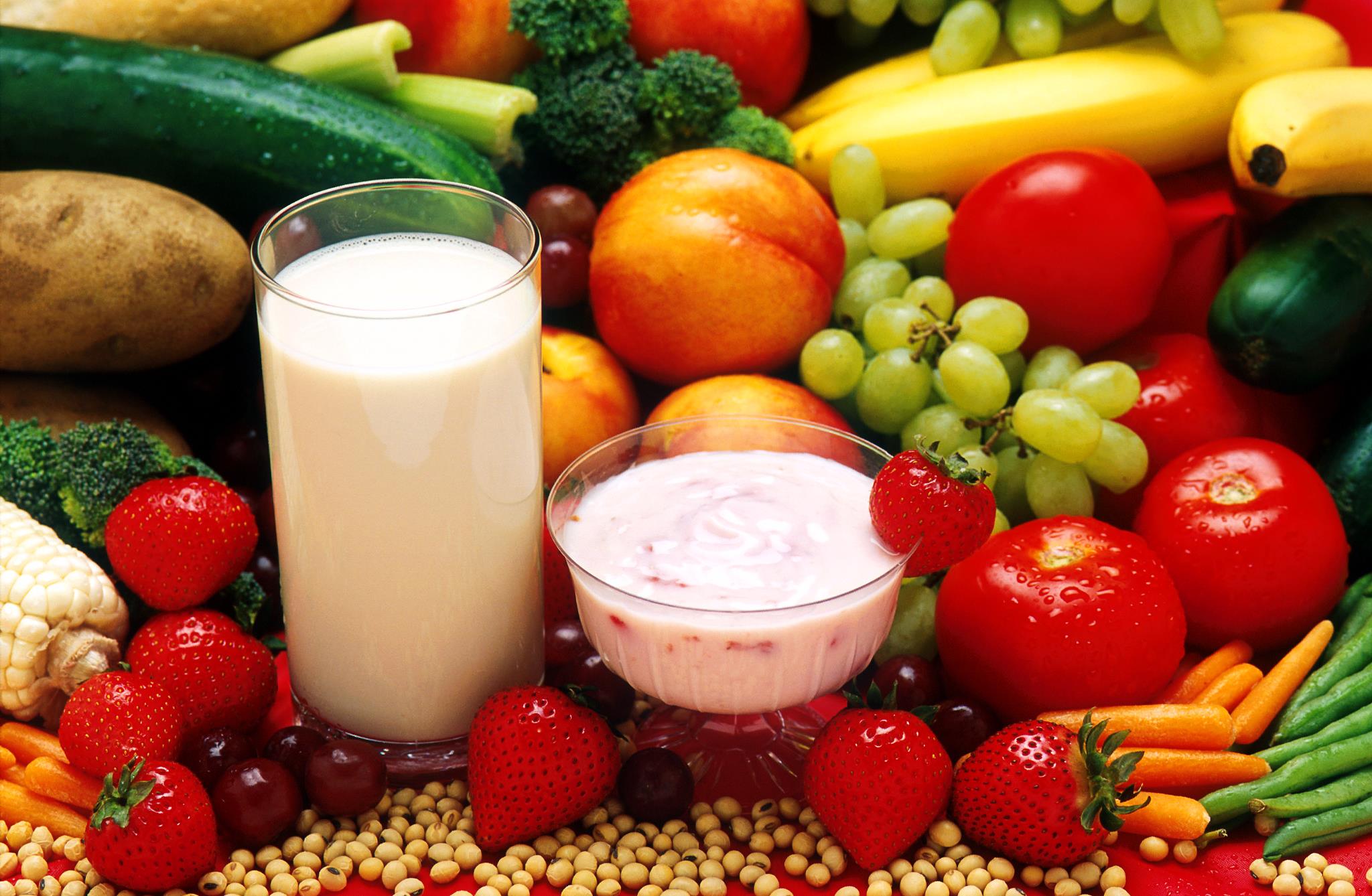
The History Of Vegetarianism
Going vegan, avoiding factory farming, feeling healthier, reducing carbon footprint are some reasons for the birth of a vegetarian. Many vegetarian alternatives to meat and dairy foods and beverages are available in different parts of the world. However, more vegan and vegetarian food options are available to those who identify as vegan.
Vegan and vegetarian diets. A vegan or vegetarian diet avoids all meat, fish, dairy, and other animal products. Many types of vegetarian diets are available for different types of people, including The Vegan Diet. The Vegan Diet is similar to vegetarianism in that a vegan does not consume meat, fish, or dairy products. However, the Vegan diet excludes items such as honey, eggs, and gelatin, in addition to many dietary supplements, vitamins, and minerals.
A healthy lifestyle choice reduces the risk of diseases associated with the consumption of animal products, such as heart disease and stroke.
Wanting to reduce animal suffering and reduce carbon footprint, vegetarians also aim to align humans' moral and ethical needs with respect for other species. There is also a belief that the consumption of meat, dairy, and eggs harms the environment.
However, the United Nations (U.N.) estimates that of the 815 million vegetarians worldwide (and not to mention the 34 billion meat eaters), 85% of the world's vegetarians are non-Western, and they believe vegetarianism should be their choice. The significant factors contributing to vegetarianism in Asia and South America are based on culture. In Asia, many countries are influenced by Buddhism, Hinduism, and Islam.
How Can I Become A Vegetarian?
Vegetarian food is an essential part of diets worldwide. There are countless types of foods that can be made from plants that can be enjoyed without the meat or fish in the recipe. If you are concerned about what ingredients your salad may include, you might consider using a high-quality, vegan dressing or dressing alternative.
Protein is a crucial nutrient for good health, especially if you are trying to stay lean and active. The most popular vegetarian protein sources include legumes, such as soy and black beans, nuts, nuts and seeds, soy, and tofu, all of which have a high protein content.
The first step in becoming a vegetarian is to remove meat from your diet. However, not everyone adheres to a vegetarian diet completely. Many people eat fish, eggs, and dairy, while also incorporating various fruits and vegetables, legumes, nuts, seeds, and whole grains into their diets. You can also occasionally include meat into your diet if you know what to do. Meat substitutes are an excellent choice when trying to follow a vegetarian diet.
They provide a texture similar to meat, and your body will easily be able to tolerate them. Be careful not to substitute these products with meat, which could be unhealthy. The only exception will be if you opt for meatless chicken nuggets, as they usually come in the form of strips.
Once someone has decided to become a vegetarian, they usually look for the best way to go about this goal. There are many resources to help them, including a variety of books, websites, and blogs, and in most cases, you will have to do some research and gather information before you make any concrete plans.
How can I eat vegetarian food? Although most plant-based products are designed to be wholesome and nutritious, you will need to be careful to avoid excessive amounts of saturated fats, salt, and sugar. If you eat meat products, it's best to stay away from items high in saturated fats and cholesterol.
There are many plant-based meat substitutes on the market today, including tofu, veggie burgers, sausages, and even some meat-free processed foods.
The Number Of Vegetarians Is Increasing
Vegetarianism is becoming more socially accepted. Reduced health risks, nutritional benefits and a greater variety of vegetables and fruits are contributory reasons for this increase. People choose to eat less meat and dairy products because of animal welfare, health concerns, environmental impact, and religious beliefs.
Vegetarianism can be easier to maintain or maintain than a full-blown vegan diet. Vegetarian food is a bit healthier than non-vegetarian food. It is also true that some people just like the taste of vegetarian food, but this is not always the case. Some vegetarian dishes are so bland or unpalatable that they do not appeal to most people, but many people eat vegetarian dishes without hesitation. So far, there are many popular vegetarian food items available that people may use as a convenient base for their diet.
Meatless alternatives are now available in every supermarket. Vegetarian foods and beverages are often cheaper than their meat and animal-derived equivalents. Many people are transitioning to vegetarian diets from other, more traditional diets.
Traditionally, the vital link between meat and protein is a result of prehistoric agricultural practices. Food was commonly cooked over an open fire using animal skins or hides or used for warmth. A long-standing belief is that the consumption of red meat leads to heart disease, which is generally untrue.
Meat is a rich source of protein and calcium, proven to reduce the risk of heart disease. A recent study revealed that a higher daily intake of non-meat protein could have even more significant protective effects on the heart.
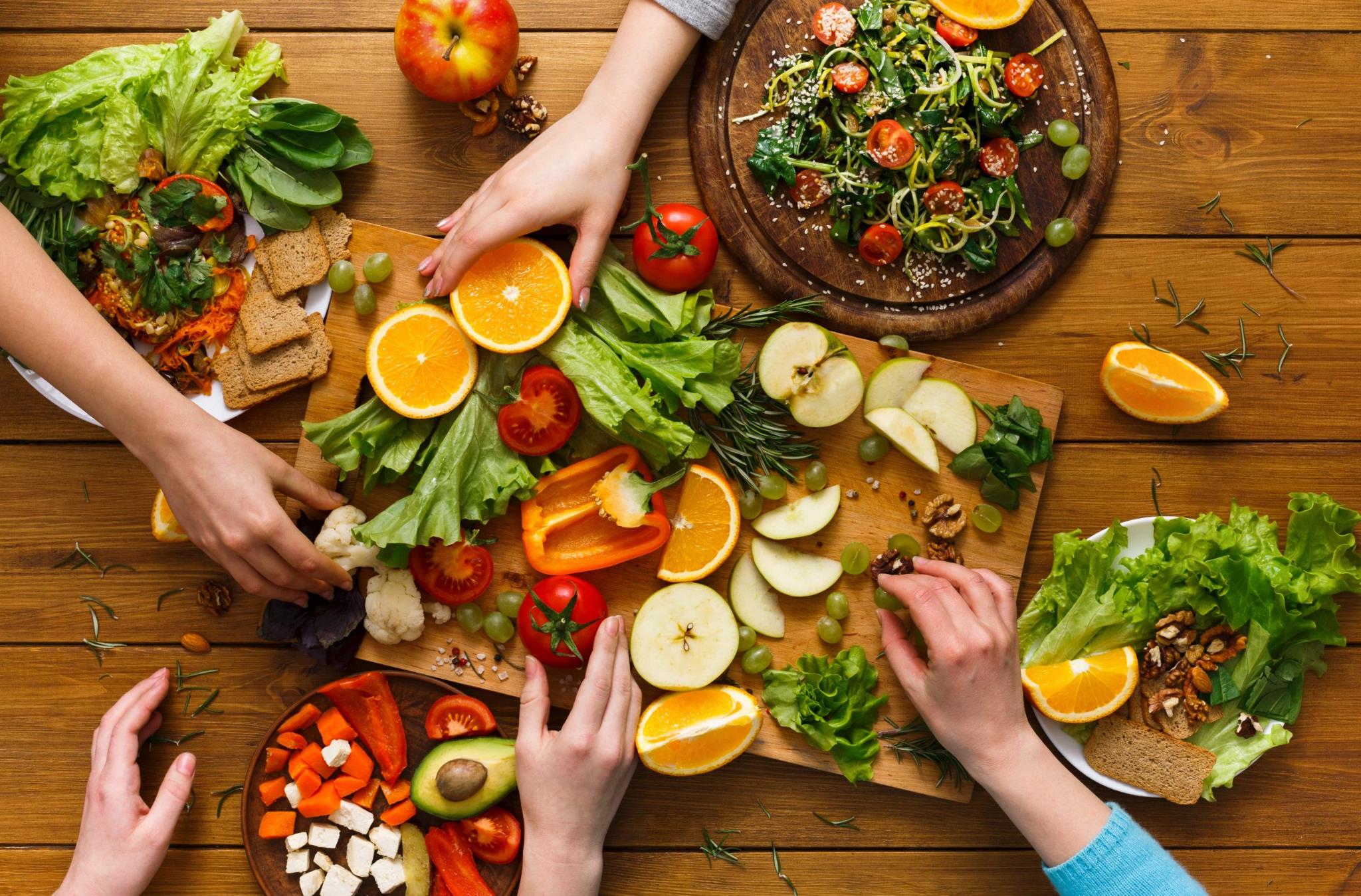
Why Is Vegetarianism So Popular Now?
For quite some time now, veganism has remained a popular diet that involves the complete elimination of animal-based food products and no use of products that come from animals. It is a healthy diet that involves a switch away from the standard meat-based diet and the act of consciously reducing the number of harmful chemicals included in the products.
The increased number of vegetarian food and drink products is often because consumers are looking to make healthier choices for themselves and their families and because people want a substitute for the conventional meat, dairy, and egg products that they used to rely on for years.
- People are turning to a more plant-based diet for health, environmental, ethical, and animal welfare reasons.
- To do their part to save the Earth. Vegetarianism is also a gateway to veganism as people may not necessarily choose to become vegan but become more interested in learning more about the philosophy.
- To reduce the pressure on the Earth's ecosystem as a whole. A good example is the original plant-based hamburger made by Hampton Creek. It became so popular that meat industry giants like McDonald's soon changed their hearts and agreed to accept it into their supply chain. The Impossible Burger is made from plants.
Popular vegetarian ingredients are:
- Starch,
- Milk,
- Wheat,
- Flour,
- Oats,
- Soy,
- Eggs,
- Coconut.
Soy is a good source of protein but is known to be high in saturated fat.
According to the Huffington Post, “I think a lot of it has to do with the environment. People have become more aware and conscious about what they eat, especially in this country. There's a big food allergy epidemic that puts things in perspective for people.
People started to realize that processed foods, even if they're “natural” (meaning they haven't been genetically modified), are laden with chemicals that may affect health.” Most Americans are trying to adopt a healthier diet. There are several non-meat sources of protein to replace the meat in their diet.
These sources include:
- Vegetables,
- Nuts,
- Soybeans,
- Tofu, and
- Pea protein powders.
Vegetarian substitutes for meat can be purchased at most grocery stores.
Countries That Have The Highest Rates Of Vegetarianism
- Sweden has the highest rate of vegetarianism in the world. The percentage of vegetarians in the country doubled in just one year to 10.6 percent of the population in 2013. The growth rate has been on the rise ever since the figures from 2007. The number of vegetarians in Sweden grew at an average rate of 5 percent per year from 2007 to 2011.
- China is the second-largest vegetarian country globally, and a more significant percentage of its population is vegetarian. China has the third-highest rate of vegetarianism in the world. A startling 8.7 percent of the Chinese population is vegetarian. The numbers have been slowly increasing in China.
- More people in the United States are becoming vegetarian, though the numbers remain small.
- The United States,
- Mexico,
- Australia,
- The United Kingdom,
- Germany,
- Brazil,
- Thailand,
- Japan,
- South Korea,
- Singapore and
- Saudi Arabia
also have high rates of vegetarians and vegans. Thailand is the country that had the most vegan-based diet changes during 2013. This is a country where veganism is so rampant. There are some shops where “vegan” is written on all products. The United States had the highest number of vegan-based diet changes during 2013, and Mexico closely followed it.
More people are eating vegetarian foods due to health benefits, with 34 percent saying it's better for their health. 27 percent said it's better for the environment, while 18 percent reported personal health benefits. In the U.S., plant-based food products are being sold in grocery stores, restaurants, and supermarkets.
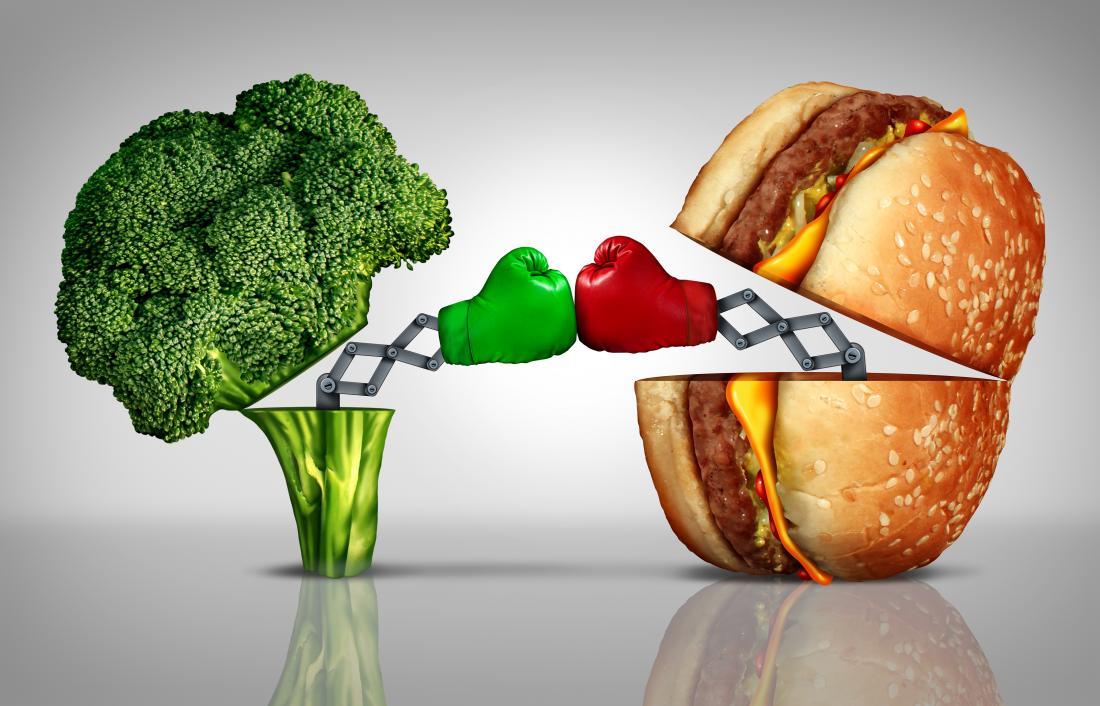
Reasons People Choose To Become A Vegetarian
- Health,
- Environmental,
- Ethical, and
- Personal/Religious.
These are factors that make vegetarians choose to be who they are. Personally, the personal benefits of veganism are my #1 reason for becoming vegetarian. I knew I could not live a life where I was complicit in the abuse of animals simply for food, and I also knew I would never be able to stop eating animal products altogether. I wanted to be a true advocate for animals and was able to find amazing recipes and foods that allowed me to be a healthier person and enjoy an even greater variety of foods.
The benefits to me outweighed my initial hesitation to eat vegetarian. Problems with livestock farming, Wasteful use of resources, and Health concerns lead to becoming a vegetarian. With the growing movement to save the environment, people are increasingly concerned about how food is produced.
Whether it is due to concern about the impact farming practices have on our planet or concerns that the meat we eat is often produced in an unsustainable way, a growing number of people are turning their backs on meat to cut down on the environmental impact that it may have.
Although the trend towards vegetarianism has been slow to spread around the globe, many people have turned their backs on meat for various reasons, including problems with livestock farming and concerns about the sustainability of the industry.
Financial Reasons
According to Healthline.com, vegetarians can save up to 75% on their food bills. Vegan? Well, vegan foods are just as accessible as traditional meat-based foods.
Strict Environmental Stances
For example, the production of meat and dairy produces a lot of greenhouse gases. Eating vegetarian or vegan helps reduce one's carbon footprint.
Environmental Reasons
According to Healthline.com, vegetarians and vegans can reduce their environmental impact by up to 60%. Cutting back on meat products can also reduce the impact of livestock farming on the environment.
Avoiding Animal Cruelty
To be a vegetarian, one cannot kill animals. Some people choose to eat meat in moderation as a means of supporting farmers.
Benefits Of A Vegetarian Diet
The U.S. government supports the effort to promote vegetarianism by encouraging schools to do so. In 2009, a National School Lunch Vegetarian Incentive Program awarded schools that offered vegetarian foods more money. There is a School Lunch Vegetarian Incentive Program that will give schools more money for offering meat alternatives.
A growing environmental awareness, a decrease in the use of petroleum-based products, an overall reduction in saturated fat consumption, and reducing animal cruelty are benefits we can get from adhering to the vegetarian diet. Overeating meat increases the risk of cardiovascular disease, many cancers, and type 2 diabetes.
The possible health benefits of a vegetarian diet are: a healthy heart, good cholesterol, normal blood pressure, and average weight are among the positive results of a vegetarian diet. This is mainly due to the decrease in saturated fat and cholesterol intake.
Because of the increasing awareness of health and diet issues, more people are exploring adopting a vegetarian or vegan lifestyle. For example, according to Gallup, 60% of U.S. adults say they are trying to eat healthier and are interested in trying a vegetarian diet.
Over half of respondents between the ages of 18-29 said they would be willing to make dietary changes to improve their overall health and well-being. If you're thinking about going vegetarian or even vegan, there are several things you can consider to make the transition easier.
Many studies have been conducted over the years that provide compelling reasons to eat more plant-based foods. With a vegetarian diet, the risk of heart disease, stroke, obesity, cancer, type 2 diabetes, and several other types of illnesses has dramatically decreased. As a result, the demand for vegetables has risen dramatically in the last decades.
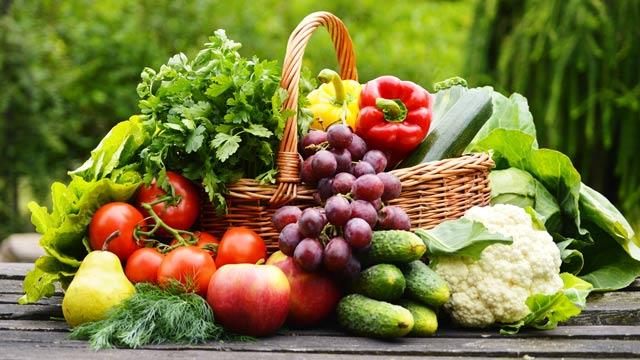
Food And Drink Products For Vegetarians Are Popular
Many companies are focusing on vegetarian diets for both health and environmental reasons. Meat production is blamed for creating air and water pollution, deforestation, and deforestation. Unnecessary animal suffering is eliminated.
The United Nations estimates that meat production is responsible for more greenhouse gas emissions than all of the world's cars and trucks combined. A paper published in the journal Proceedings of the National Academy of Sciences concludes that meat-based diets are the number one cause of environmental destruction. Vegetarianism has the potential to improve health as well.
Groups are growing in popularity. With the rise of social media, there is a push for groups such as Meat Free Monday, which encourages people to forego meat for a day each week. Meat Free Monday was started by 23-year-old Zoe Taylor in 2006.
In the same year that Taylor launched her campaign, the campaign gained the support of two MPs, Shadow Secretary of State for Agriculture, John Gummer and former Prime Minister, Tony Blair. Other M.P.s such as David Cameron, Sajid Javid and William Hague also pledged their support.
Researchers say that the increasing number of young people choosing to be vegetarians is likely to significantly contribute to the meat-free markets development. Emerging markets and consumption patterns are also motivating factors for vegetarianism.
Food and drink are the top categories in the U.S., with more than 50% of all launches for new products for the sector. In the U.K., a market research company called Mintel reported that vegetarianism is growing faster than vegetarianism.
It is not surprising that some of the most popular products in the United States are vegetarian. These include:
- Soy milk,
- Vegan cheese,
- Tofu,
- Nuts,
- Almond, and
- Butter.
Vegetarian food and drink products are readily available and represent a growing market. The rise of vegetarianism has, in turn, resulted in a rise in the production and sale of vegetarian food and drink products. While the market for vegetarianism is still a relatively small one in terms of global consumption, it is growing and showing no signs of slowing down. Therefore, it will only be a matter of time before it becomes more than just a trend.
Impact Of Vegetarianism In Our Environment
Social aspects such as helping the animals can bring a positive impact to the environment. For many people, a vegetarian diet is an easy way to simplify their life. It helps them reduce their food consumption and waste and eat more environmentally-friendly, humanely-raised foods.
Conclusion
Overall, veganism and vegetarianism are growing in popularity, and it looks like it's going to keep growing. More people than ever choose a plant-based lifestyle to eat better and feel better on the inside. Be sure to support your local farmers and food vendors by buying local and looking at the nutrition facts labels of your food items since they often do not add up to the saturated fat levels found in most mainstream meat and dairy products.
Vegetarianism is, without a doubt, an increasingly popular movement, both in the United States and around the world. Vegetarianism and veganism aren't “anti-fattening” or “anti-health.” They simply have indifferent approaches to meat consumption.
As awareness of the nutritional advantages of a vegetarian diet increases, more and more people choose to give up or cut back on meat. The future looks promising for these foods in the U.S. A large portion of the general population believes that there are health benefits to consuming seeds, nuts, beans, and leafy vegetables.
A significant push by major fast-food companies to introduce non-meat alternatives in response to a solid vegetarian movement is further evidence that the public is prepared to embrace more plant-based meals.
I trust you enjoyed reading the article about the Countries With The Highest Rates Of Vegetarianism. Please stay tuned. There are more blog posts to come very shortly.
JeannetteZ
Your Opinion Is Important To Me
Ideas? Thoughts? Questions? I would love to hear from you. Would you please leave me your questions, experience, and remarks about the Countries With The Highest Rates Of Vegetarianism in the comments section below? You can also reach me by email at Jeannette@LivingTheVeganLifestyle.org.
>>>Please click here to read what Wikipedia says about veganism<<<
Here are some links to some of my favourite articles:
Why Some People Don't Like Vegans

